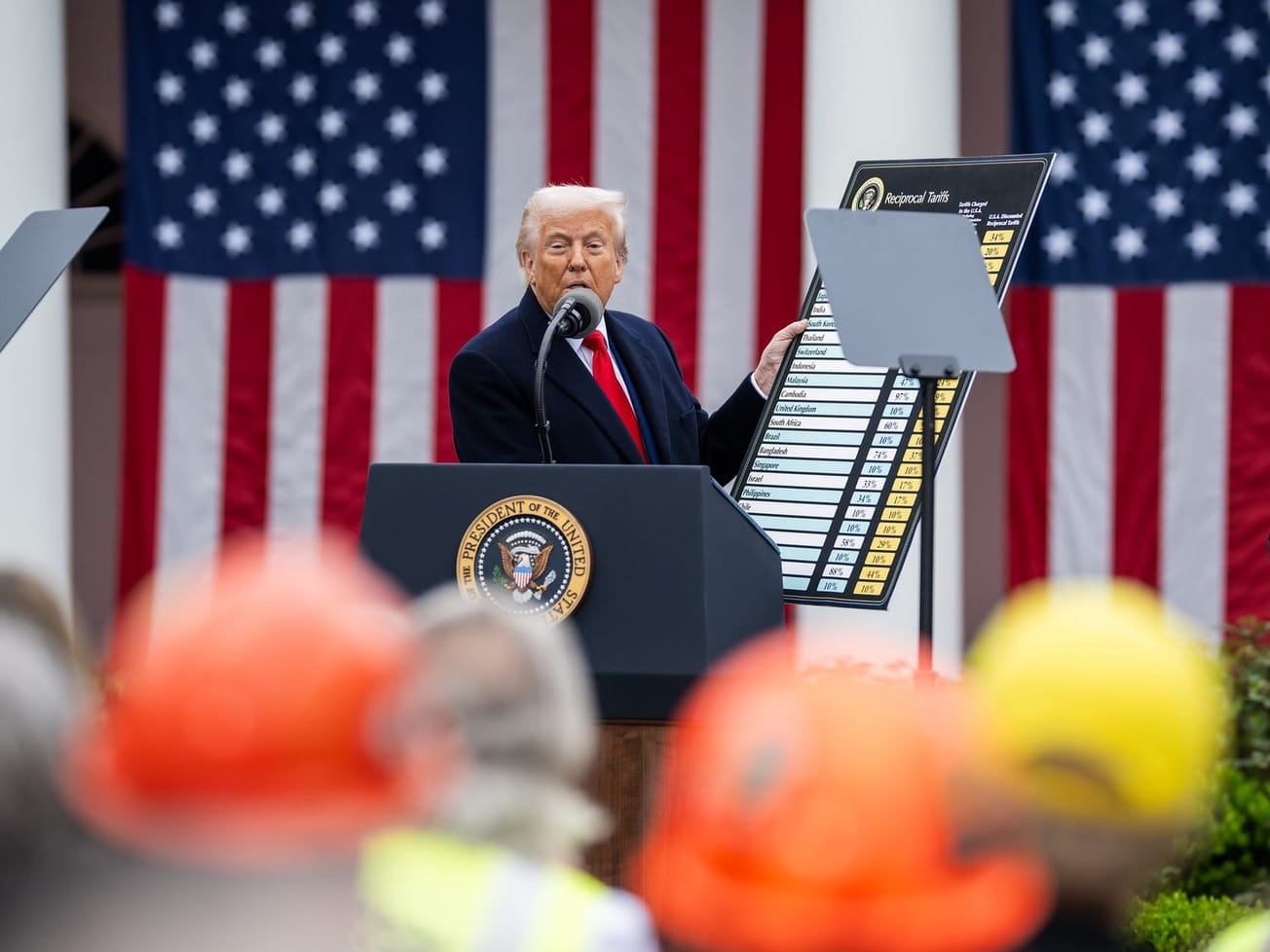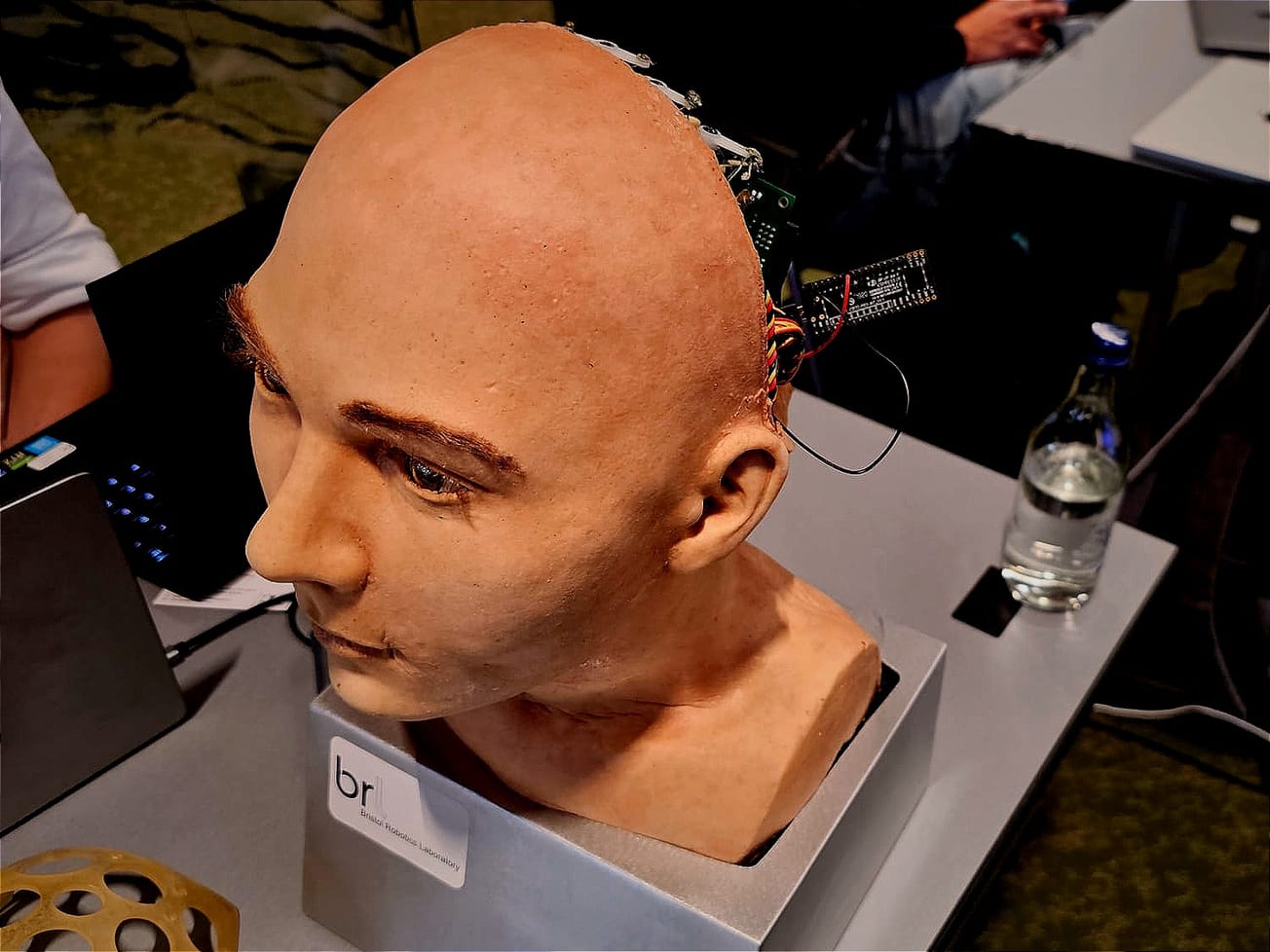GENEVA (AN) — China filed a request for World Trade Organization dispute consultations over U.S. President Donald Trump's steep new tariffs, which triggered an escalating global trade war and shook financial markets.
After Trump set a punishing new 145% tariff rate for all Chinese exports to the United States, which includes a combined 20% fentanyl-related tariff imposed in February and March, China responded by escalating its tariffs on imports from the U.S. to China to 125%.
"Tariff and trade wars have no winner. China does not want to fight these wars but is not scared of them," China's foreign ministry spokesperson, Lin Jian, told a regular press briefing on Friday. "If the U.S. is determined to fight a tariff and trade war, China’s response will continue to the end."
In its request for WTO-facilitated trade consultations, which was circulated to WTO members earlier in the week, China said the Trump administration is violating U.S. obligations under the 1994 General Agreement on Tariffs and Trade; the Agreement on Customs Valuation; and the Agreement on Subsidies and Countervailing Measures.
China said it also "looks forward" to receiving the U.S. reply to its complaint and setting a date for WTO-led consultations.
"The measures at issue appear to nullify or impair benefits accruing to China, directly or indirectly, under the cited agreements," it said. "China reserves the right to raise additional measures and claims."
Arete News | Plus+ for just $2.50 (€2.20 or 2 CHF) per month
Get complete digital access to quality AN journalism. Pay a year upfront ($30/€26.50/CHF 24.50) and save 70%. Support independent journalism and help us celebrate 7 years of publishing.
Valid through our May 23 anniversary.
Trump argues the tariffs will reduce the gap between the value of goods the U.S. buys from other countries and those it sells to them. In 2024, the U.S. had a significant trade deficit in goods, reaching $1.2 trillion.
He says the U.S. has been taken advantage of by "cheaters" and "pillaged" by other countries. But when services are factored in, the total trade deficit drops to $122.7 billion, as of February.
WTO's chief economist, Ralph Ossa, said tariffs simply raise the domestic price of imported goods, but their effects ripple through the economy in complex ways – altering prices, wages, exchange rates and trade patterns.
"To improve the aggregate trade balance, tariffs would need to increase national saving or reduce investment, which is a possibility," he said on Friday. "However, most economists expect tariffs to have only limited effects on aggregate imbalances. Macroeconomic fundamentals – such as fiscal policy or the household savings rate – play a more dominant role."

U.S.-China trade war could hurt GDP by nearly 7%
China's request for trade consultations represents something of a turnaround. The U.S., a WTO founding member in 1995, once described China's accession to WTO in 2001 as a way of managing its economic rise and promoting a more open and rules-based trading system.
Now, China argues the U.S. isn't adhering to the system – and, on Friday, China said it is contributing $500,000 toward WTO-led training for government officials from developing economies and least-developed countries to sharpen their expertise on WTO issues, negotiation skills, and ability to implement trade rules.
At this week's meeting of WTO's Council for Trade in Goods, China said the U.S. tariffs undermine the trading system and called on the organization's 166 members to safeguard it. The U.S. replied it was not skirting its obligations but reverting to a "security exception" under WTO rules.
The trade war between the world’s two biggest economies could trigger a global recession, warned WTO Director-General Ngozi Okonjo-Iweala, a former World Bank managing director and Nigerian finance minister.
"The escalating trade tensions between the United States and China pose a significant risk of a sharp contraction in bilateral trade. Our preliminary projections suggest that merchandise trade between these two economies could decrease by as much as 80%," said Okonjo-Iweala, who urged nations to preserve the openness of the international trading system.
"This tit-for-tat approach between the world’s two largest economies — whose bilateral trade accounts for roughly 3% of global trade — carries wider implications that could severely damage the global economic outlook," she said. "A division of the global economy into two blocs could lead to a long-term reduction in global real GDP by nearly 7%."
Trump's tariffs on China were significantly higher than the base 10% tariffs for virtually all U.S. trading partners.
Before the U.S. Senate Finance Committee, the Republican president's U.S. trade representative, Jamieson Greer, said the tariffs were "already bearing fruit" by sparking requests from dozens of countries for trade negotations.
"Our large and persistent trade deficit has been over 30 years in the making, and it will not be resolved overnight," he said. "All of this is in the right direction, particularly as we start to negotiate with these countries."
U.S. Sen. Ron Wyden of Oregon, the panel's top-ranking Democrat, said Trump's "aimless, chaotic tariff spree" shows Congress ignores its constitutional power over trade and "it is time to take that power back."
This story has been updated with additional details.









